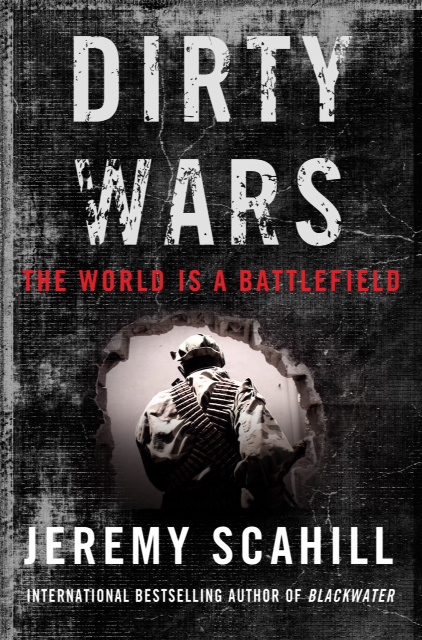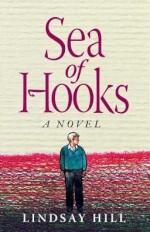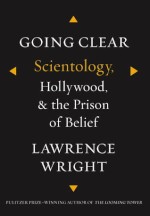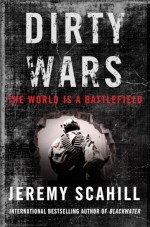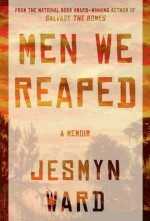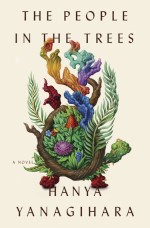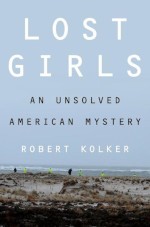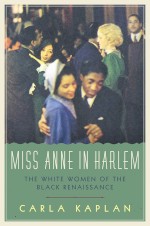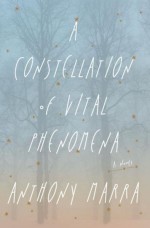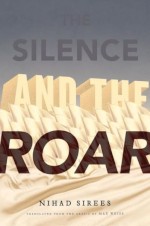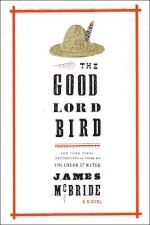
Sea of Hooks
Lindsay Hill (McPherson & Co.)
On a small scale, Hill, a onetime banker and now a poet with six published books, has written a fragmented portrait of a man’s troubled childhood and lost adulthood—a spiritual biography that’s both tragic and comic, and provides moments of pure reading pleasure on every single page, not to mention a wallop of pathos. On a larger scale, it’s a moving and unforgettable novel.
- Read the Full Review
- PW’s Top 10 Authors Pick Their Favorite Books of 2013
- The Long Haul: PW Talks with Lindsay Hill
Buy this book
PREVIOUS
LIST
NEXT
















